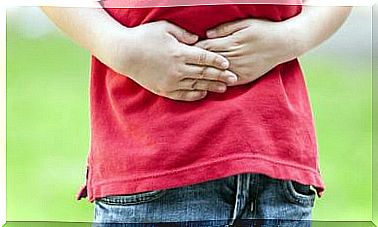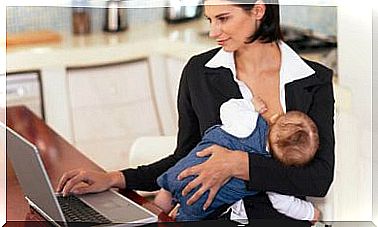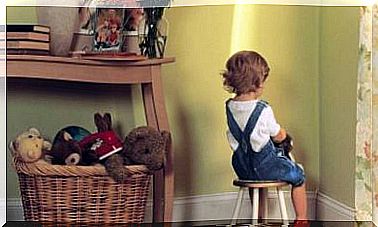When Is The Right Time To Water The Baby?
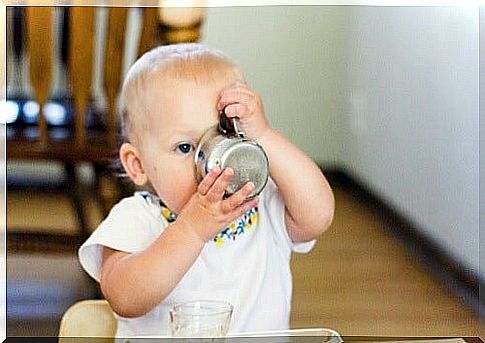
Water is a vital element of everyday life. Water is essential for keeping the body hydrated and functioning properly. But when is the right time to start giving water to the baby? What are the conditions?
It is advisable to start giving water to the baby from 6 months of age. Before that, drinking water can interfere with the body’s ability to absorb nutrients.
Experts recommend drinking a total of 8 glasses of water for an average adult to keep the body in balance.
About 70% of the body weight of a baby aged 1 to 24 months is made up of water, whereas in adults the percentage is 50%. This fact implies that babies need to ingest between 10 and 15% of their weight in water per day. Adults, in turn, need only 2 to 4%.
According to the WHO (World Health Organization), babies should drink fluids that provide the necessary nutrients. This should be done in small amounts to avoid upset stomach. The WHO also recommends exclusive breastfeeding with breast milk until 6 months of age and not giving water to the baby before this period.
The baby’s first 6 months
Babies up to 6 months of age are hydrated and get all the nutrients they need through breast milk or formula milk.
According to pediatrician Stephen D. Daniels, it is not advisable to give water to the baby until 6 months of age. Among other reasons, it can interfere with the baby’s body’s ability to absorb nutrients. Also, drinking water before 6 months can increase the feeling of fullness.
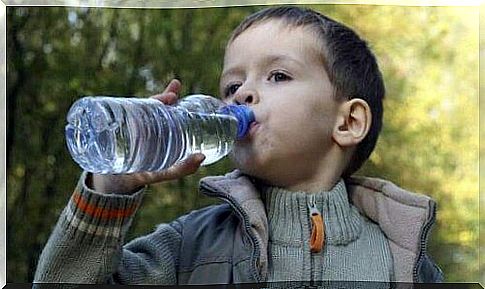
This feeling and satiety is caused by the size of the stomach. The smaller the stomach, the less food the baby will be able to eat. Therefore, the baby will need more doses and the concentration of nutrients must be higher in each one of them so that he can have optimal nutrition. The feeling of fullness will make the desire to breastfeed lessen.
Giving your baby too much water can cause a condition called water intoxication, which can lead to seizures and even coma. This intoxication can occur because the excessive concentration of water dilutes the amount of sodium in the body. This causes an electrolyte imbalance causing the body’s tissues to become inflamed.
After 6 months of age, the baby can drink small amounts of water if they are thirsty. Remember that it is necessary to moderate, as excess can cause stomach pain.
7 months and the first year: time to water the baby
From the seventh month onwards, the child can start eating solid foods and drinking liquids other than breast milk or formula. During this period, giving water to the baby no longer poses any health risk.
Children who are still breastfed at this age do not need any extra water supply even if they have already started complementary feeding. But it’s also okay if the baby drinks water with breast milk or formula.
On the other hand, children who are not breastfed frequently (many only drink milk in the morning and at night) should increase their water intake during the day. The best thing is to simply offer some type of liquid as the baby will naturally drink as much as he needs.
From the first to three years of age
During this phase children should consume an average of 1.3 liters of water per day. This quantity is obtained not only from the liquids, but from the sum of all the food and drinks that are ingested. To get an idea , if we consider the amount of water in the food, what would be needed would be equivalent to a total of 4 glasses a day.
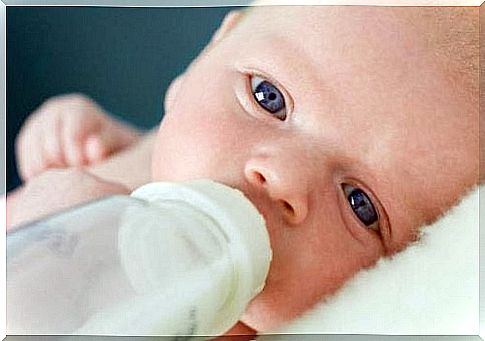
What kind of water is healthy for the baby?
- Bottled: mineral water is the best option. It is important to read the label to see if it is suitable for children. For this, it is necessary to verify that it has a low sodium content (less than 25 mg /L), fluorine (less than 1 mg /L) and nitrates (less than 50 mg /L).
- Tap water: should only be used if you are sure it is drinkable. It is always recommended to boil the water for a minute and let it cool before giving it to the baby.
Parental concern for the baby’s well-being is normal from the moment of birth. So pay attention to the signs that the child gives as they will manifest their needs naturally.
